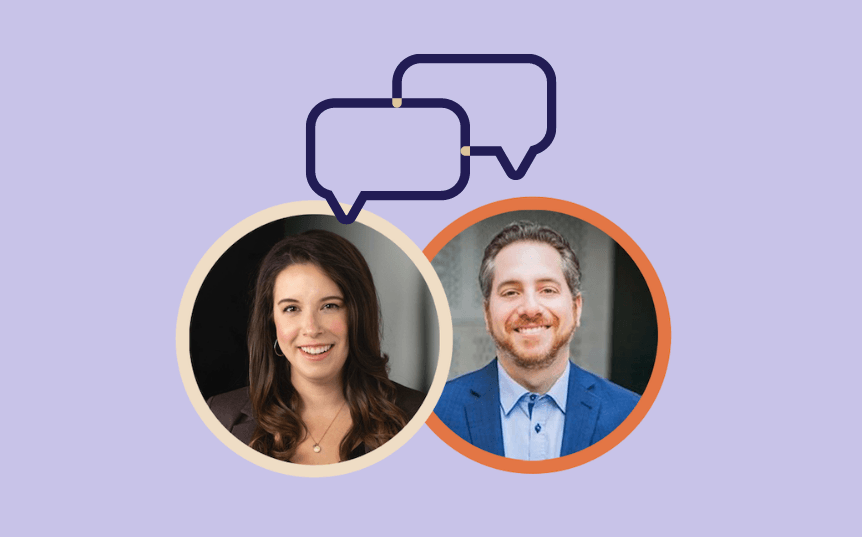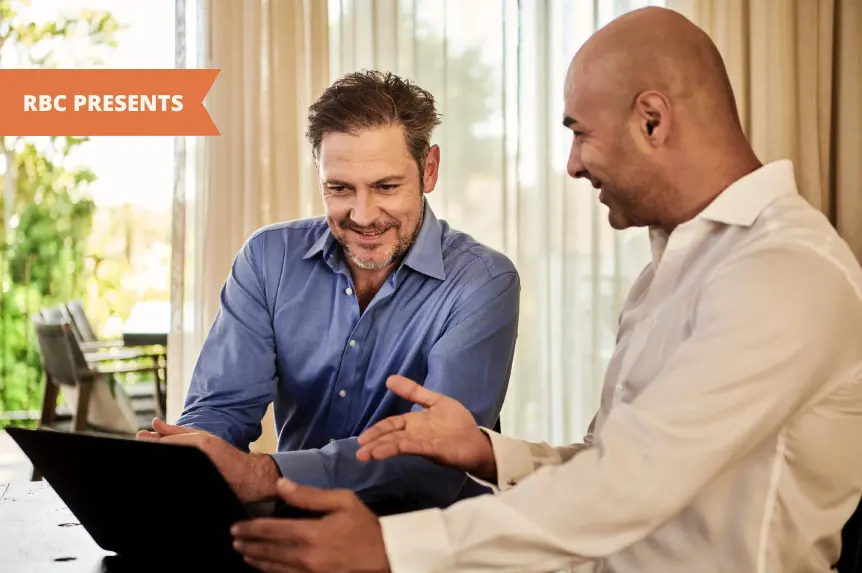Coffee With An Estate Lawyer: The Power Of Conversations

A solid future plan includes many things: Life insurance, an updated Will, and an Advance Care Plan (ACP) to name a few. Since this episode of Coffee with an Estate Lawyer fell on Advance Care Planning Day, we focused on the importance of ACP. We invited Mallory McGrath, Founder and CEO of Viive Planning, to discuss Advance Care Planning and why conversations about aging and end-of-life are so important.
Mallory McGrath is an entrepreneur dedicated to changing societal mindsets about aging and end-of-life planning through open and honest conversation.
What is Advance Care planning?
Advance Care Planning is the process of planning for your future needs. It focuses on making a long-term healthcare plan for aging and end-of life, as well as deciding on what you may need in case of an unexpected injury or illness. ACP also includes making sure your loved ones know about these decisions.
Mallory encourages people to have a more holistic and open approach when planning for the life and the death that you want, which means including your loved ones in the conversation.
Who should have an ACP?
Everyone should have an Advance Care Plan. Many younger people feel it’s too early in their life to make those kinds of decisions, but Mallory reminds us when unexpected things happen, it’s better for you and your loved ones if you have planned ahead.
No matter what age you are, aging and end-of-life are hard to think about, let alone plan for. But decisions about how to handle aging or death have to be made one way or another, so if you don't, it will fall to those closest to you. That’s why everyone, even Millennials, can benefit from having an Advance Care Plan in place.
ACP includes hard decisions like:
What are your wishes in regards to resuscitation and intubation?
What are your wishes in regards to certain treatments?
Are you against certain medical procedures?
Who would you want to be your substitute decision-maker?
Handling these decisions ahead of time ensures you get to have the life and legacy you want without burdening your loved ones with having to make those tough calls.
The power of conversations
That said, having an ACP in place is only effective if your loved ones and potential decision makers are on board. It is important that they know and understand the contents of your plan; that’s why having conversations about your wishes is critical.
Arin Klug, Co-Founder and COO of Epilogue, reminds us that it is important to have conversations about all aspects of your future plan, including things like your Will and Powers of Attorney.
When people in your life understand the choices you’ve made and the reasons for them, they will have an easier time supporting your plans. These conversations are powerful because they can give you peace of mind while also easing much of the burden off the shoulders of your loved ones.
While conversations about end-of-life can be difficult, Mallory offers this advice:
Mallory encourages people to start these conversations in whatever way works best for their loved ones. She describes one client of hers who preferred to write a letter and send it to his family in the mail as opposed to sitting down face-to-face for a collaborative discussion. If that’s how you know you can truly get through to your family and express what you want—do it!
Completing and discussing an Advance Care Plan and estate plan will help you cover every eventuality, from incapacity to death. In the wake of loss, the last thing you want to do is leave your loved ones with questions.
How can I get started?
A good way to get started with thinking about your own ACP is to sit down and reflect on three scenarios:
An unexpected death or illness
Your aging process
The end of your life.
Then ask these questions:
What would your options be in each situation?
What would you want?
What would you not want?
If these questions overwhelm you, a service like Viive can guide you through these sensitive and difficult decisions and help you evaluate your options.
Some other ways to take your future planning into your own hands is to:
Consider your parents' and family's health history. Use this to inform what decisions you need to make about your care as you age.
Ensure that you have an updated and legally binding Will and Power Of Attorney.
Discuss your wishes with your loved ones. Explain why you have made the choices you have and why it's important to you.
If your family or loved ones are resistant to talking about it, consider a different approach. If you can’t have a discussion with them, maybe a letter or an email will be more effective.
In closing
Advance Care Planning is about taking care of the ones you love. It’s about answering questions and making decisions ahead of time so that your life and legacy are honoured in a way that feels right to you and simple for the people in your life.
When it comes to ACP and any other form of future planning, the difference between just ‘getting it done’ and having it be effective is making time and space for conversations.
You can watch the full 30-minute discussion here:










